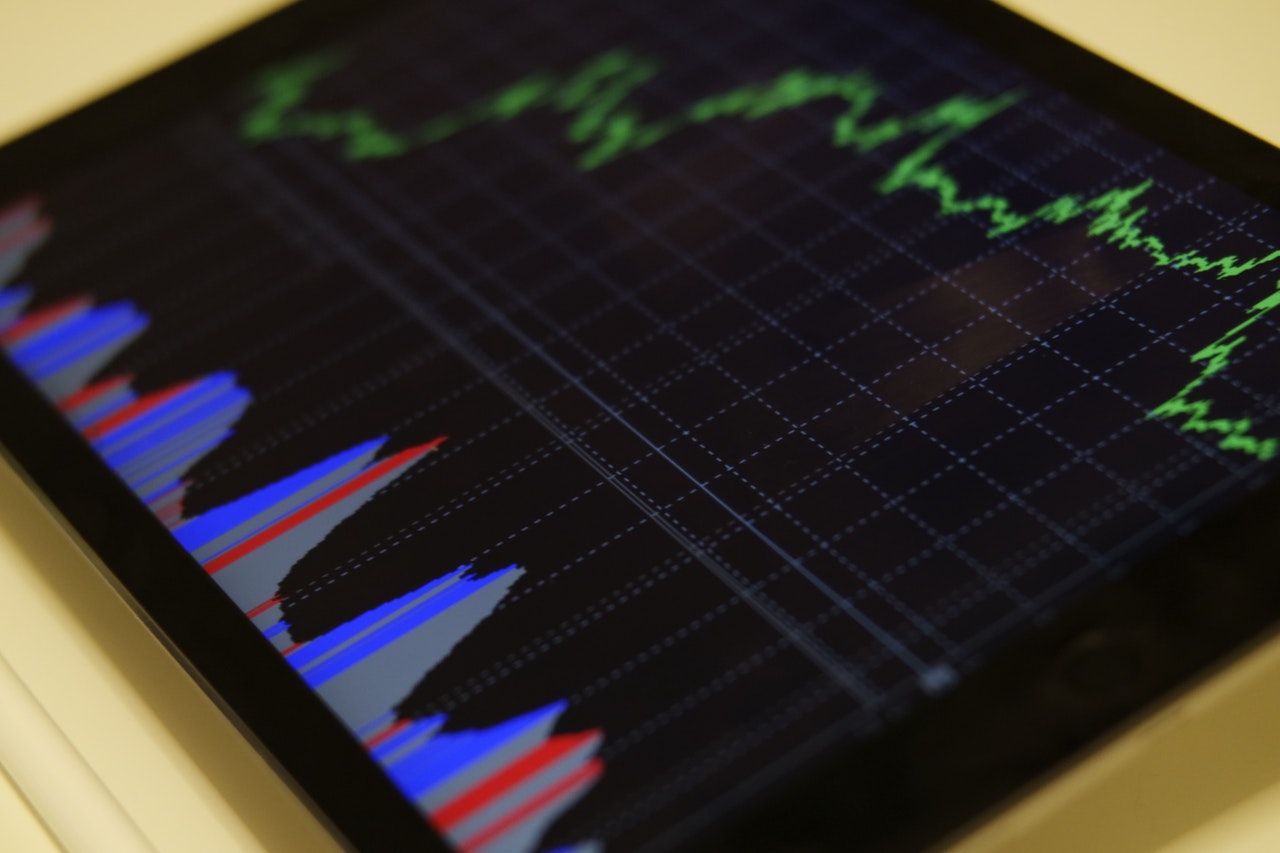Kapanlagi.com - Economics is an important thing in life. Yes, with a good and stable economy, life will also run well. However, do you know the deep meaning of economics? Yes, for those of you who want to delve into economics, you must first know the meaning of economics.
Yes, you must first know the meaning of economics, both generally and according to experts. In addition to knowing the meaning of economics, you can also find out the types of economics and the principles of an economy. So that you can better understand what economics is.
For that reason, from various sources, here is an explanation of what is the meaning of economics, both generally and according to experts. Along with types and principles.
1. General Meaning of Economics

Illustration (credit: Pexels)
In general, the meaning of economics is a social science that studies human behavior in managing limited resources and channeling them into various individuals or groups within a society. In broad terms, economics is defined as "household rules" or "household management."
Meanwhile, economists are people who use economic concepts and data in their work. In terms of language, the meaning of economics itself comes from the Greek word "Oikos, Oiku, or Nomos." Which means household rules. According to the general understanding, economics is a science for studying material resources so that individuals, society, and the state can prosper.
If simplified, the meaning of economics is the science of human behavior and actions in fulfilling their needs. Economics is a science that makes various activities done to be used as solutions. And this will answer the existence of production, distribution, and consumption activities known as economic principles.
In a science, economics will be in accordance with economic principles such as thinking and acting in accordance with economic science. If viewed from economic principles, then the meaning of economics is a science of resource management. This is seen how humans utilize capital, materials, and energy to be able to provide prosperity for many people.
2. The Meaning of Economics According to Experts

Illustration (credit: Pexels)
If earlier we discussed the general meaning of economics, this time there is also a discussion about the meaning of economics according to experts. Yes, there are several expert opinions discussing the understanding of economics. And here is an explanation of the meaning of economics according to these experts.
1. John Stuart Mill
John Stuart Mill argued that economics is a practical branch of science that studies the ins and outs of revenue and expenditure. Also about the activities of producing and distributing wealth.
2. Amwal
According to Amwal, economics is the science of making effective decisions. These decisions are made to manage existing resources. This activity is carried out to meet the needs of individuals or society.
3. Adam Smith
The meaning of economics according to Adam Smith is a systematic science that studies human behavior in their efforts to allocate limited resources to achieve certain goals.
4. Khursid Ahmad
Economics is a systematic effort to understand economic problems and human behavior in relation to these problems from an Islamic perspective.
5. Aristotle
The meaning of economics is a branch that can be used through two paths, namely the possibility of use and the possibility of exchange with goods.
6. Von Neumann and Mogenstern
Economics is a discipline that is very unfortunate if used unscientifically. Because its leading figures are busy dealing with solutions to problems that occurred at that time.
7. Abraham Maslow
The meaning of economics is a science that is useful for solving various human life problems.
The problems here are certainly about the economy according to effective and efficient principles and theories.
8. Richard G. Lipsey
The meaning of economics is a science that studies the use of scarce resources for unlimited media.
9. Penson
The meaning of economics is a science that studies the material welfare of every human being. This material welfare can be in the form of goods or services.
10. J. B. Say
The meaning of economics is a study of science in which there are regulations that can regulate a person's wealth.
3. Types of Economics

Illustration (credit: Pexels)
In addition to understanding what economics means, KLovers can also learn about the types of economics. Yes, economics has its own types. And here is an explanation of the types of economics so that you can understand them better.
1. Pure Market Economics
This type rarely occurs because there is usually government intervention or central planning. Even a country as free as the United States can be considered to have a mixed economy.
2. Green Economics
This type of economy depends on renewable and sustainable energy sources. This system operates with the ultimate goal of reducing carbon emissions, restoring biodiversity, relying on alternative energy sources, and generally preserving the environment. Green economics tends to focus on technological innovation that improves energy efficiency.
3. Microeconomics
This type of economics studies the behavior of individuals and companies. Microeconomics studies why various goods have different values and how individuals coordinate and cooperate with each other. Microeconomics tends to focus on economic tendencies, such as how individual choices and actions affect changes in production.
4. Macroeconomics
This type of economics focuses on large-scale decisions and problems. Macroeconomics includes the study of economic factors broadly, such as the impact of price increases or inflation on the economy. Macroeconomics also focuses on the rate of economic growth or gross domestic product.
5. Market Economics
This type allows goods to flow freely through the market, in accordance with supply and demand. Indonesia can be considered a market economy, where consumers and producers determine what is sold and produced.
6. Command Economics
And this is the last type of economy. This type depends on central political agents, who control the price and distribution of goods. Supply and demand cannot run naturally in this system because it is centrally planned, so imbalances often occur.
4. Economic Principles

Illustration (credit: Pexels)
If KLovers already know what economics means, both in general and according to experts. Then, what are the types of economics itself? Here are the principles of an economy. Yes, there are two basic principles in taking economic action.
First, economics is done with the aim of obtaining as much profit as possible while considering expenses as part of profit calculations. Second, the profit obtained should require as little expenditure as possible.
These two principles are used as general guidelines for taking economic action. And the results of the application of these economic principles can be seen by measuring the comparison between the profits obtained and the expenses incurred during economic activities.
Those are some explanations about what economics means, both in general and according to experts. Along with its types and principles.
(kpl/gen/dhm)
Disclaimer: This translation from Bahasa Indonesia to English has been generated by Artificial Intelligence.
















